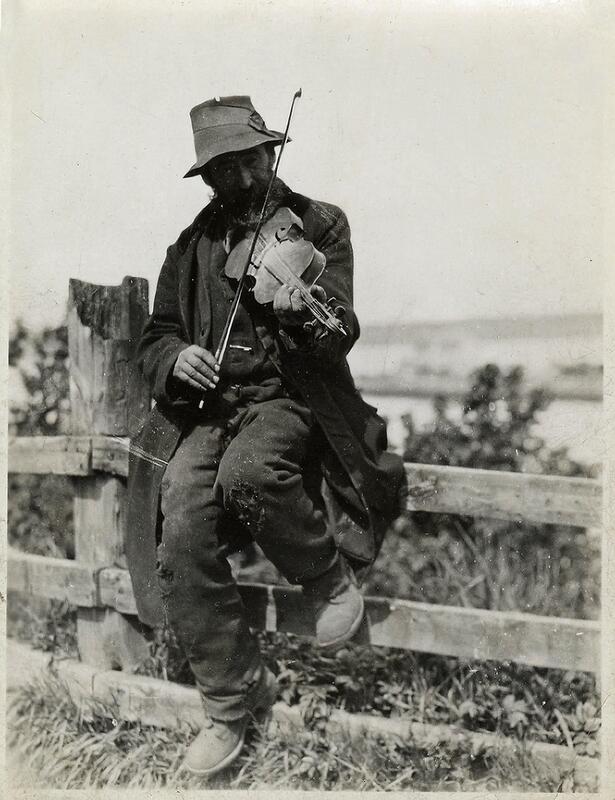An Irish person once told me that emigration is integral to Irish national identity, the way Manifest Destiny, the Protestant Ethic, or the Melting Pot tropes are integral to American national identity. From the slave trade by conquering Vikings in the 8th-11th centuries, to the infamous Potato Famine of 1845-49, to the modern-day exodus of young adults searching for better opportunities elsewhere, Ireland has seen a near-constant flow of people leaving its shores. One of its main exodus stories, though, is also about people arriving on its shores. Scottish settlers sent by the British crown established plantations in Northern Ireland, simultaneously merging with and displacing the native Irish people. Eventually the lure of a better life there faded and they began to look West to America, ultimately arriving in and settling southern Appalachia. Narratives of this migration are rare in traditional memoir or autobiographical format, although they are abundantly preserved in folk songs. In America, these songs transformed into what we now know as bluegrass and “old time” music. The musical tradition of the Scots-Irish and the oral histories contained within reflect the migration experience of an entire group as poignantly as more traditional memoirs and autobiographies. Further, it is a transgenerational gathering point for the Scots-Irish diaspora in America, a way to perform one’s heritage and remember the migration of one’s ancestors.

